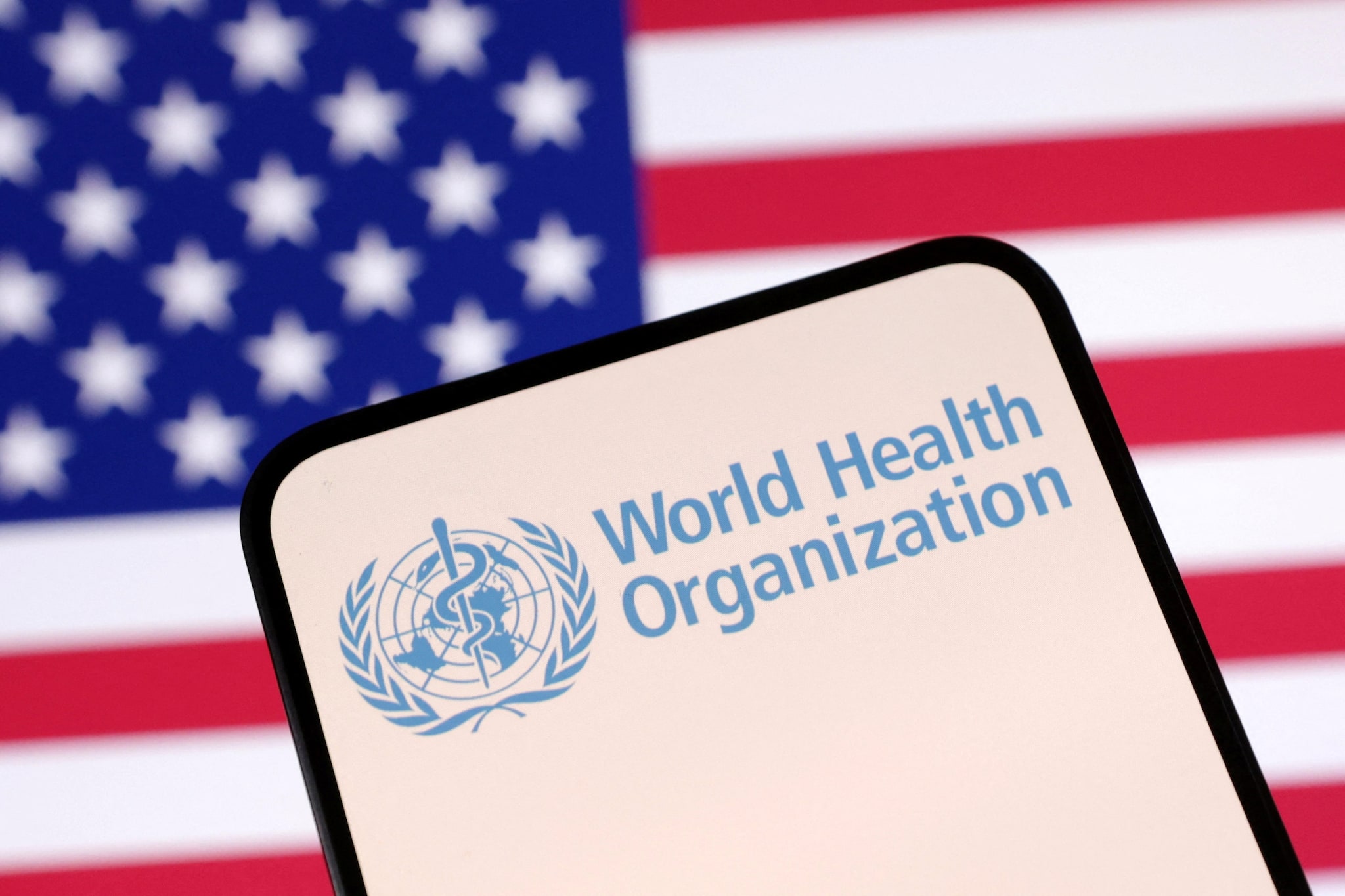Beloved TV Host Judy Finnigan Hospitalized After Severe Reaction to Common Painkiller

Veteran British television presenter Judy Finnigan recently shared a harrowing experience, revealing she nearly died after suffering a severe adverse reaction to ibuprofen, a common over-the-counter painkiller. The incident, which left her vomiting blood, serves as a stark reminder of the potential dangers of even seemingly innocuous medications.
Finnigan, known for her warmth and wit alongside her husband Richard Madeley on various television programs, had been taking ibuprofen to manage knee pain. Unbeknownst to her, the medication was triggering a dangerous internal reaction. “I ended up in a really bad way,” she explained in a recent interview. “I was vomiting blood, which is obviously terrifying.”
The severity of her condition required hospitalization, where doctors worked to stabilize her and determine the cause of the alarming symptoms. Finnigan’s story highlights a crucial point: individuals can react unexpectedly to medications, even those readily available without a prescription. While ibuprofen is generally considered safe for many, it can cause serious complications in some individuals, particularly with prolonged use or high doses.
Understanding the Risks of Ibuprofen
Ibuprofen belongs to a class of drugs called nonsteroidal anti-inflammatory drugs (NSAIDs). While effective for pain relief and reducing inflammation, NSAIDs can have side effects, ranging from mild stomach upset to more serious issues like ulcers, kidney problems, and cardiovascular complications. The risk of bleeding, as experienced by Finnigan, is also a potential concern, especially for those with pre-existing conditions or who are taking other medications that increase bleeding risk.
The Importance of Consulting a Healthcare Professional
Finnigan's experience underscores the importance of consulting a doctor or pharmacist before taking any medication, even over-the-counter drugs. It’s vital to discuss any existing medical conditions, allergies, and other medications you’re taking. They can assess your individual risk factors and recommend the safest and most appropriate treatment options.
“It was a really frightening experience, and it certainly made me realize how important it is to be careful with medication,” Finnigan admitted. Her story is a valuable lesson for everyone, emphasizing the need for informed decision-making when it comes to managing pain and maintaining overall health. Always read the label carefully, follow dosage instructions, and seek professional advice when in doubt. This cautionary tale serves as a powerful reminder that even common remedies can pose significant health risks if not used responsibly.
The incident has sparked renewed discussion about the potential dangers of self-medication and the importance of proactive healthcare management. Finnigan’s openness about her experience is hoped to encourage others to prioritize their health and seek medical guidance when necessary.






